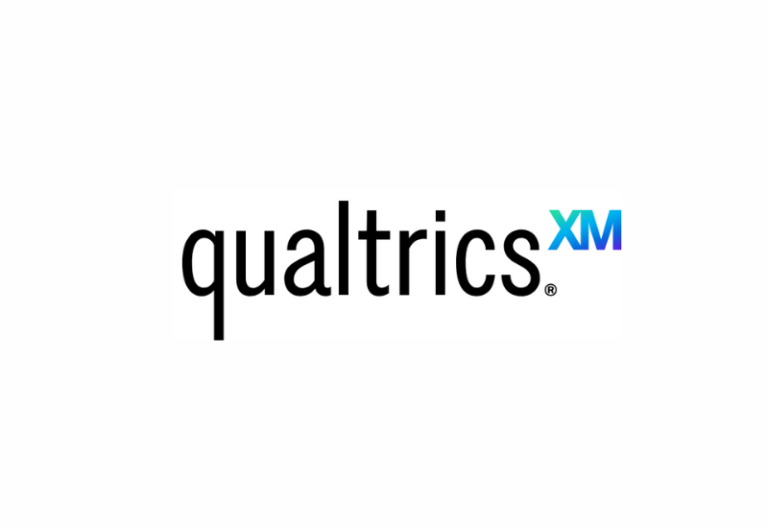The Health Insurance Portability and Accountability Act (HIPAA) is paramount in ensuring patient privacy and helping healthcare providers maintain confidentiality. Within HIPAA, the conduit exception rule plays a crucial role by categorizing certain entities as “conduits” instead of business associates.
Understanding this rule is essential to ensure compliance and protect patient information. Follow along if you want to know more about its purpose, potential risks, and limitations.
Table of Contents

Understanding the HIPAA Conduit Exception Rule
The HIPAA conduit exception rule categorizes certain entities involved in transmitting protected health information (PHI) as conduits. These conduits are different from business associates because they don’t have access to or control over PHI. As a result, they are exempt from many regulatory requirements imposed on business associates, enabling more efficient healthcare operations.
Purpose of the rule
The HIPAA conduit exception rule balances privacy and getting things done efficiently. It acknowledges that entities mainly involved in transmitting PHI should have different rules than those who access health information directly.
By exempting conduits from specific requirements, the rule encourages the use of secure electronic systems for exchanging PHI. This, in turn, enhances the quality of care.
Differences Between Conduits and Business Associates
Knowing the difference between conduits and business associates is vital for understanding the HIPAA conduit exception rule. Simply put, business associates are individuals or entities that perform functions on behalf of covered entities and have access to PHI.
They must comply with HIPAA regulations and enter into business associate agreements (BAAs) with covered entities. Conduits, on the other hand, are limited to transmitting PHI and do not have access to or control over its contents.
Examples of Conduits
Common examples of entities classified as Conduits falling under the HIPAA conduit exception rule include:
- Internet service providers (ISPs)
- Courier services
- United States Postal Service (USPS)
Also, providers must meet specific requirements to be considered a HIPAA conduit. They must only transmit PHI on behalf of covered entities or business associates, have no access to the PHI other than on a temporary basis, and have no ability to control or manipulate the PHI. Additionally, they are not allowed to store or retain any copies of the PHI transmitted.
As a result, they are not required to comply with the exact strict regulatory requirements for business associates, allowing for more efficient healthcare operations.
Limitations of the HIPAA Conduit Exception Rule
While the HIPAA conduit exception rule is flexible, it does have some limitations. One significant limitation is that conduits have no clear definition, which can make it a bit hard to classify them.
On top of that, with rapid technological advancements and evolving healthcare practices, it can be difficult to tell the difference between conduits and business associates, which makes it hard to apply the rule consistently.
Exceptions to the rule
Like with most rules, there are certain exceptions. If a conduit does more than just transmit information, like storing or hosting PHI, it is no longer exempt and is considered a business associate. Additionally, if a conduit has more access to PHI than what’s needed for transmission, it might have to follow HIPAA rules and be treated as a business associate. It’s important to be aware of these exceptions to ensure compliance with HIPAA regulations.

Risks of Relying on the HIPAA Conduit Exception Rule
While the HIPAA conduit exception rule is flexible, relying solely on this exception carries risks. One potential issue is that services provided by conduits have an impact on patient privacy as healthcare evolves. They may no longer qualify for the exception if they engage in activities beyond transmitting information, like storing or hosting PHI.
To mitigate these risks, healthcare organizations must implement additional safeguards like encryption and access controls. Doing so ensures compliance with regulations while maintaining a secure privacy framework.
Find the Right Balance Between Efficiency and Privacy
The HIPAA conduit exception rule helps promote the secure exchange of protected health information (PHI). It recognizes certain entities as conduits instead of business associates, leading to improved efficiency in terms of healthcare delivery.
However, it is crucial to understand the rule’s limitations, exceptions, and risks. Covered entities must assess conduit services and stay informed about new technologies and healthcare practices. They should also use additional safeguards like encryption and user authentication when necessary.
By upholding HIPAA principles and adapting to the evolving landscape of healthcare data exchange, healthcare organizations can manage sensitive patient data better. And with provisions like the HIPAA conduit exception rule, your efforts to safeguard patient information while enabling efficient data exchange won’t be in vain.








